Tapering Off Alcohol: Weaning Off Alcohol to Avoid Withdrawal Symptoms
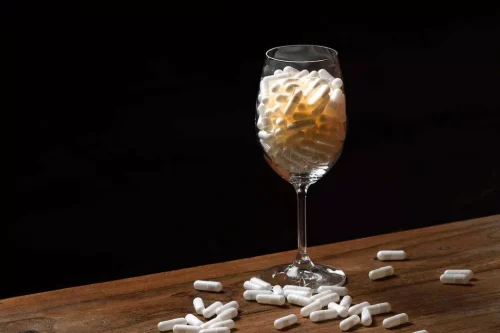
But alcohol causes some of the most dangerous withdrawal symptoms you can experience, and it can be fatal in some circumstances. But since alcohol addiction can also be dangerous, you may need to get through withdrawal to achieve sobriety and better health. Learn more here about tapering off alcohol and how to wean off it safely. When done under medical supervision, tapering off alcohol has few downsides.
Unveiling the Best Rehab Centers in NJ
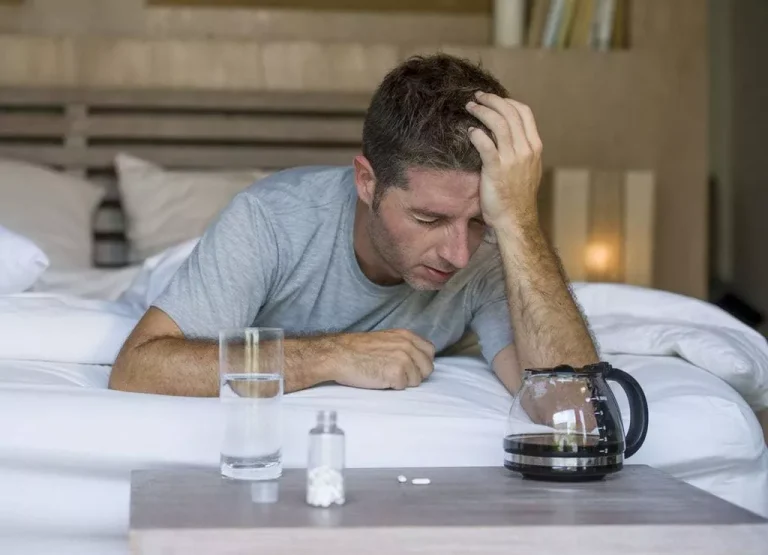
Those who find that they cannot taper off the number of drinks for any significant length of time have likely developed alcohol use disorder, a condition commonly known as alcoholism. For others, simply cutting back the number of drinks can bring on alcohol withdrawal symptoms, making it more difficult to stop. Ria Health offers access to many of these tools, including prescription medications, recovery coaching, and online support groups—all through a HIPAA-compliant smartphone app.
- Figuring out where to start your alcohol taper schedule can be challenging.
- We do not and have never accepted fees for referring someone to a particular center.
- Also known as DTs, an estimated 2% of people with alcohol use disorder and less than 1% of the general population experience them.
- While tapering off alcohol can be an effective self-treatment strategy, it’s important to note that what works for one person may not be safe for everyone.
Saved Costs and Time
- The long and the short of it is–tapering off alcohol with medical support can help you quit drinking.
- Its cultural acceptance has made it a common psychoactive substance in the United States.
- The Recovery Village Cherry Hill at Cooper offers comprehensive addiction treatment for drug and alcohol addictions and co-occurring mental health conditions.
- Quitting alcohol cold turkey is not recommended and can be dangerous.
However, medical treatment is necessary to treat major symptoms of withdrawal. The main downside of cold turkey is how unpleasant and risky it can be. If you drink heavily, alcohol withdrawal symptoms can be harsh, dangerous, and even fatal.
Medication-Assisted Treatment (MAT)
- If drug treatment programs don’t seem to help my daughter, explore supportive measures and effective resources.
- Based on your medical history, your doctor can advise you about the safety of the taper.
- Discover what inpatient drug detox is, its benefits, and how it supports long-term recovery from addiction.
- Smaller drinks with a higher percentage of alcohol are stronger than the same size drink containing a lower-proof liquor.
Quitting drinking can feel very isolating, making it even more difficult to do alone at home without medical support. This means that there is little data about the best way to taper your drinking. However, some groups have published tapering examples to assist those trying to quit drinking. Quitting alcohol cold turkey is not recommended and can be dangerous. Alcohol is a central nervous system depressant that leads to an increase in brain neurotransmitters that slow down your brain’s functions, such as gamma-aminobutyric acid (GABA). When you drink heavily over a long period, your brain and body adapt to expect this.
Find out more about our admissions process
While tapering off alcohol can be an effective self-treatment strategy, it’s important to note that what works for one person may not be safe for everyone. Therefore, seeking professional care to develop a customized tapering strategy is highly recommended. In some cases, a benzodiazepine regimen may be used to replace the body’s alcohol needs during tapering. Alcohol withdrawal occurs when neurotransmitters that combat the effects of alcohol on the nervous system suddenly have nothing to counteract them.
- There are also a number of anti-craving medications to help you avoid drinking again, or even help with your tapering process.
- For others, simply cutting back the number of drinks can bring on alcohol withdrawal symptoms, making it more difficult to stop.
- Relapse after a period of sobriety can be dangerous because your tolerance has gone down.
- The phrase cold turkey refers to abruptly stopping drug or alcohol use.
- The best schedule varies based on how much you drink each day and your overall health.
How you feel when you stop drinking is largely based on how often and how heavily you drink. People who only drink occasionally probably won’t notice any physical or psychological symptoms. People who have a severe reaction to quitting alcohol should seek emergency treatment.
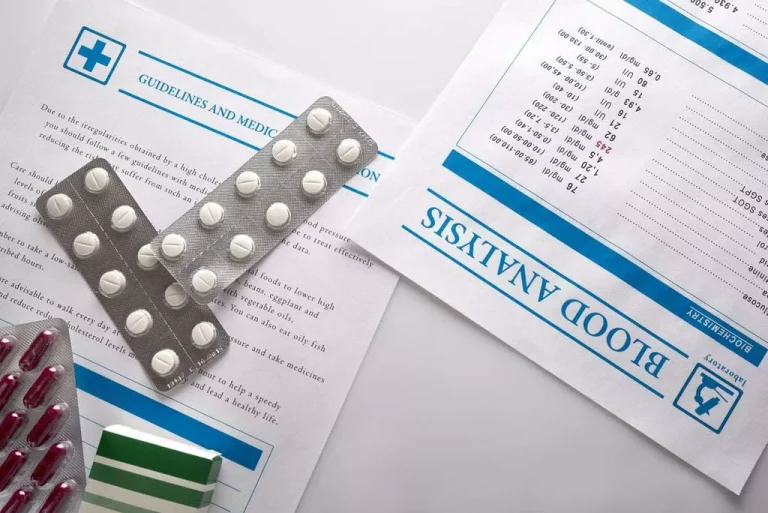
Lady Gagas War with Drug Abuse
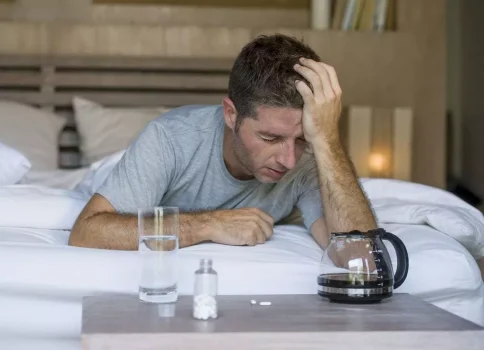
Alcoholism is linked to many chronic diseases, including heart disease, liver disease, and certain cancers. Chronic, heavy drinking can significantly increase your risk of serious illness and premature death. Unless an AUD is addressed, the health problems drinking causes may be unstoppable. Research shows people who have a supportive social network are more likely to remain alcohol-free after withdrawal. Those with a wider circle of support have a better chance of staying sober. There are many support options available that can help guide you through alcohol withdrawal, as well as abstaining from alcohol after withdrawal.
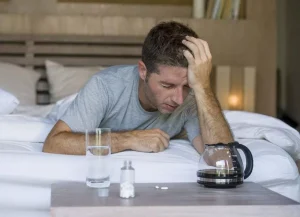
Discover why a 12-step program in Beacon NY is the best way to stop drinking and embrace lasting recovery. Learn how to help an addict that happens to be your sister with support, boundaries, and professional care. Explore available 12-step programs in Bucks County, PA, and weening off alcohol discover paths to recovery and support options.